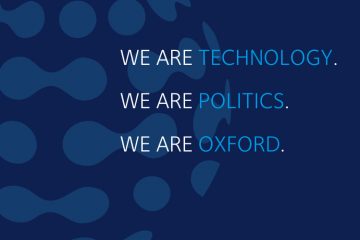
Why We Need to Step up to the Regulatory Challenge of the Sharing Economy and New Financial Instruments
Throughout history, technological advances have put politicians and regulators in a difficult balancing act between embracing the benefits of the transformational changes brought by new technologies, versus providing reassurance to citizens that change can be managed and stability maintained. Take for example the advent of the self-propelled vehicles (cars), which was a response to 19th century society’s need for a quicker way to transport people and goods across the country. Concerned with the safety of the public and the potential harms that could result from the new technology, the British Parliament responded with The Locomotive Act of 1865. This included a maximum speed limit of 2 miles per hour and required a person carrying a red flag to walk at …

From Oil Wells to Blockchains: Revolution or Reality?
Blockchain is an emerging technology that has drawn considerable interest from start-ups, technology developers, financial institutions, governments, and think-tanks. They all identify blockchains as having tremendous potential to bring significant benefits. This technology acts as an electronic ledger and allow transaction to be carried out between parties without interference by third parties like banks. Energy supply firms are also increasingly looking the potential of blockchain technology. Blockchain has emerged at just the right time. Other revolutions within the energy sector – the decentralization of the electrical systems, the development of autonomous electric vehicles and the gradual deregulation of the energy industry – are opening the door to blockchain. By combining blockchain with new paradigms, new consumption models will emerge and …









